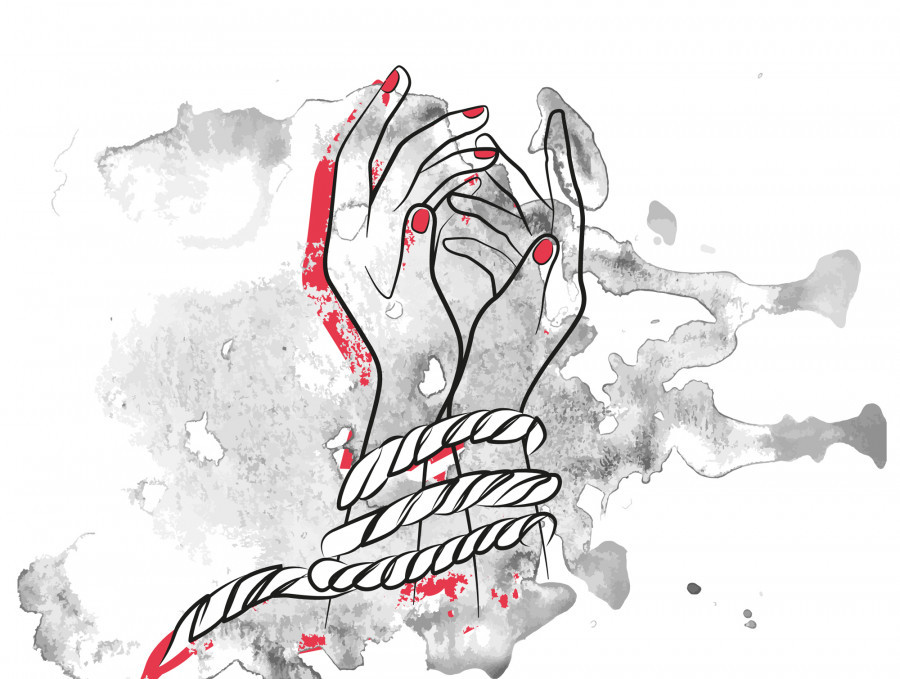Editorial
Combating rape culture
The latest ordinance is a positive step towards ensuring justice for victims of sexual violence.
The cabinet on Sunday approved a new ordinance proposing stricter laws on rape. The draft has been sent to President Bidya Devi Bhandari for approval. It is expected to be approved without opposition. Once it gets the President's nod, the ordinance paves the way for a stronger offensive against rape. The ordinance has also sought to amend other laws, including Criminal Code 2017, to make the existing laws related to rape harsher. What is remarkable in the draft is the provision of punishment for those who mediate to settle rape cases at the local level in order to prevent it from being registered with the police.
The ordinance has also acknowledged that persons of any gender, including males, can be victims of rape. The clause 'woman or girl child' in clause 221 of Criminal Code 2017 has been replaced by 'person', a gender-neutral terminology that acknowledges that persons identifying themselves with other genders, including male, become survivors of rape.
The draft ordinance proposes life imprisonment for raping a person younger than 10 years or older than 70 years; 18 to 20 years for raping a person aged between 10 and 14 years; 12 to 16 years for raping a person aged between 14 and 16 years; 10 to 14 years for raping a person aged between 16 and 18 years; and 10 to 12 years for raping a person older than 18 years. Those who mediate compensation or reconciliation between the victims’ and rapists’ families face up to three years of imprisonment and up to Rs30,000 in fines. Moreover, individuals holding public office or people’s representatives trying to mediate are liable to face more stringent laws, with their jail term increased by six months if found guilty.
As per the Nepal Police Headquarters, seven persons are raped daily on average. The fact is that over 80 percent of the rapes are committed by family members, relatives or known persons, and the victims in a large number of such cases end up accepting the reconciliation organised by families and society. The provision of punishing mediators has made it clear that in modern society, it is the law that should take precedence over a societal norm that considers rape as ‘dishonour’ on the part of the victim. It is this primitive norm that makes society conceal rape cases as community people and political leaders often play a part in letting off criminals by asking them to pay compensation, or even organising a marriage between the rapist and the survivor.
It was this norm that took the life of a 17-year-old girl from Dakneshwori Municipality in Saptari as she committed suicide after being barred from filing a case against the perpetrators, and instead pressured to reconcile with her attacker in September this year. The Saptari case is only one instance of thousands of such malpractices across the country. The ordinance, the result of a longstanding struggle and lobbying by activists and leaders towards making a better society, is a positive step towards justice for survivors of rape and other forms of sexual violence.
Thankfully, the lawmakers have let go of their demand of incorporating several regressive provisions in the ordinance, including the death penalty and chemical castration. Such provisions, if included, would have dealt a body blow to the principles of the modern criminal justice system. The President must now approve the ordinance at the earliest and show her commitment to adding fuel to the rage against rape.




 14.24°C Kathmandu
14.24°C Kathmandu














